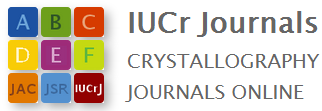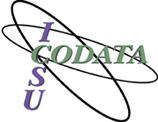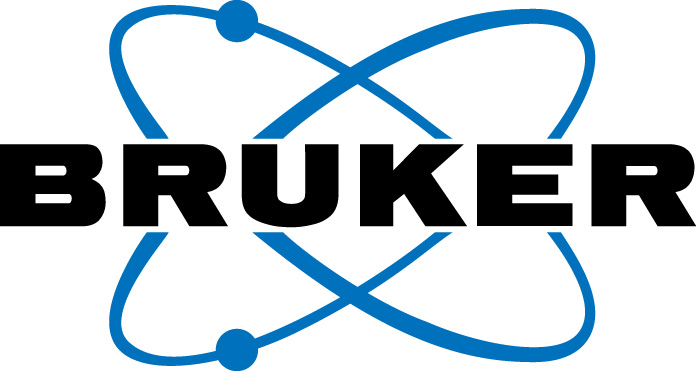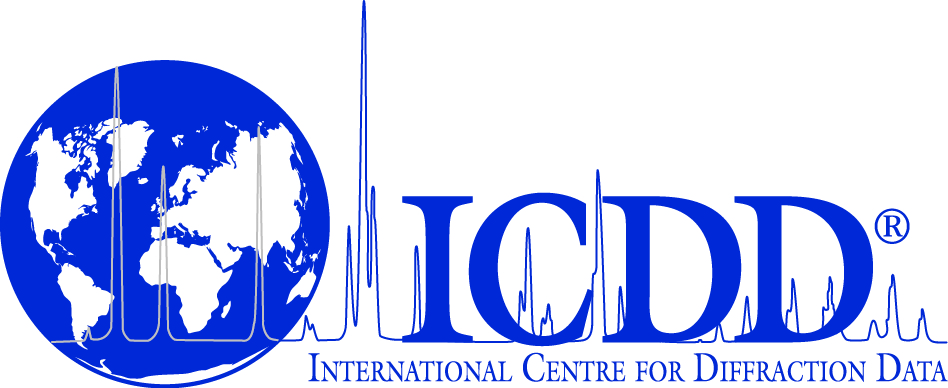Committee on Data (CommDat)
The Committee on Data was established by the IUCr Executive Committee at its meeting in Denver in July 2016. The Committee on Data (CommDat) will work with the IUCr’s Commissions, including the Commission on Journals, having a coordinating and advisory role regarding data. CommDat will report directly to the IUCr’s Executive Committee and will subsume the functions of the Diffraction Data Deposition Working Group, which will cease to exist as a separate entity from the time of the IUCr Congress in Hyderabad in August 2017, and will continue the data-related interests of the now discontinued Committee on Crystallographic Databases and Committee on Electronic, Publishing, Dissemination and Storage of Information. It will exist alongside, and have a formal relationship with, the Committee for the Maintenance of the CIF Standard (COMCIFS), which will continue with its technical brief to manage the CIF standard, at least during the current period of active development of the CIF specification and dictionaries.
Membership
- S. Coles (Chair, UK)
- H.J. Bernstein (USA)
- A. Brink (South Africa)
- I. Bruno (UK)
- S. Coles (UK)
- K. Dziubek (Austria)
- A. Goetz (France)
- S. Kabekkodu (USA)
- L.M.J. Kroon-Batenburg (The Netherlands)
- G. Kurisu (Japan)
- W. Minor (USA)
- S. Storm (Germany)
- L. Van Meervelt (Belgium)
- J. Hester (Australia) (COMCIFS liaison)
Consultants
- S. Androulakis (Australia)
- M.P. Blakeley (France)
- G. Bricogne (UK)
- S. Grazulis (Lithuania)
- J.R. Helliwell (UK)
- B. Matthews (UK)
- A. Sarjeant (USA)
- D. Szebenyi (USA)
- E.F. Weckert (Germany)
- J. Trewhella (Australia)
Terms of reference
CommDat will advise the IUCr Executive Committee on all aspects of data with respect to policy and actions to be taken. These include the specific interests listed, and any related issues that arise in the future.
- Raw data and its metadata preservation and their digital object identifiers
- Data mining within individual and across two or more databases
- Data and software development
- Data and instrumentation
- Data policy drivers as received from policy makers (e.g. funding agencies)
- Data type domains (discrete versus diffuse, i.e. continuum scattering)
- Data and eScience
- Data and data publishing [IUCrData; recommendation of editors for IUCrData; linking of data to articles in IUCr publications; new article categories involving data]
- Data repositories
Supporters
We acknowledge the generous financial or in-kind support of the following partners, who have contributed to workshops and other activities of the Committee.
 | The International Union of Crystallography (IUCr) is a scientific union whose objectives are to promote international cooperation in crystallography and to contribute to the advancement of crystallography in all its aspects. The IUCr fulfills part of these objectives by publishing high-quality crystallographic research through nine primary scientific journals: Acta Crystallographica Section A: Foundations and Advances; Acta Crystallographica Section B: Structural Science, Crystal Engineering and Materials; Acta Crystallographica Section C: Structural Chemistry; Acta Crystallographica Section D: Structural Biology; Acta Crystallographica Section E: Crystallographic Communications; Acta Crystallographica Section F: Structural Biology Communications; Journal of Applied Crystallography; Journal of Synchrotron Radiation; and, launched for the International Year of Crystallography in 2014, IUCrJ, a gold open-access title publishing articles in all of the sciences and technologies supported by the IUCr. |
 | CODATA, the Committee on Data for Science and Technology, is an interdisciplinary Scientific Committee of the International Council for Science (ICSU), established in 1966. Its mission is to strengthen international science for the benefit of society by promoting improved scientific and technical data management and use. CODATA works to improve the quality, reliability, management and accessibility of data of importance to all fields of science and technology. CODATA provides scientists and engineers with access to international data activities for increased awareness, direct cooperation and new knowledge. It is concerned with all types of data resulting from experimental measurements, observations and calculations in every field of science and technology, including the physical sciences, biology, geology, astronomy, engineering, environmental science, ecology and others. Particular emphasis is given to data management problems common to different disciplines and to data used outside the field in which they were generated. |
 | The Australian Nuclear Science and Technology Organisation (ANSTO) is an Australian public research organisation responsible for delivering specialised advice, scientific services and products. Its general purpose is prescribed by the Australian Nuclear Science and Technology Organisation Act 1987 and translated into action through the corporate drivers of vision, mission and strategic priorities. ANSTO is the new operator of the Australian Synchrotron as of 1 January 2013, bringing two of Australia’s most significant pieces of scientific infrastructure together and advancing scientific outcomes for the nation. |
 | Bruker has been driven by the idea to always provide the best technological solution for each analytical task for more than 50 years now. Today, worldwide more than 6,000 employees are working on this permanent challenge at over 90 locations on all continents. Bruker systems cover a broad spectrum of applications in all fields of research and development and are used in all industrial production processes for the purpose of ensuring quality and process reliability. Bruker continues to build upon its extensive range of products and solutions, its broad base of installed systems and a strong reputation among its customers. Being one of the world's leading analytical instrumentation companies, Bruker is strongly committed to further fully meet its customers’ needs as well as to continue to develop state-of-the-art technologies and innovative solutions for today's analytical questions. |
 | The International Centre for Diffraction Data® (ICDD®) is a non-profit scientific organization dedicated to collecting, editing, publishing, and distributing powder diffraction data for the identification of materials. The membership of the ICDD consists of worldwide representation from academe, government, and industry. Our Vision: The International Centre for Diffraction Data will continue to develop tools and support the education required for materials analyses of tomorrow. Our Mission: The International Centre for Diffraction Data will continue to be the world center for quality diffraction and related data to meet the needs of the technical community. ICDD promotes the application of materials characterization methods in science and technology by providing forums for the exchange of ideas and information. |
 | Wiley's Scientific, Technical, Medical, and Scholarly (STMS) business serves the world's research and scholarly communities, and is the largest publisher for professional and scholarly societies. Wiley's programs encompass journals, books, major reference works, databases, and laboratory manuals, offered in print and electronically. Through Wiley Online Library, online access is provided to a broad range of STMS content: over 4 million articles from 1,500 journals, 9,000+ books, and many reference works and databases. Access to abstracts and searching is free, full content is accessible through licensing agreements, and large portions of the content are provided free or at nominal cost to nations in the developing world through partnerships with organizations such as HINARI, AGORA, and OARE. |

